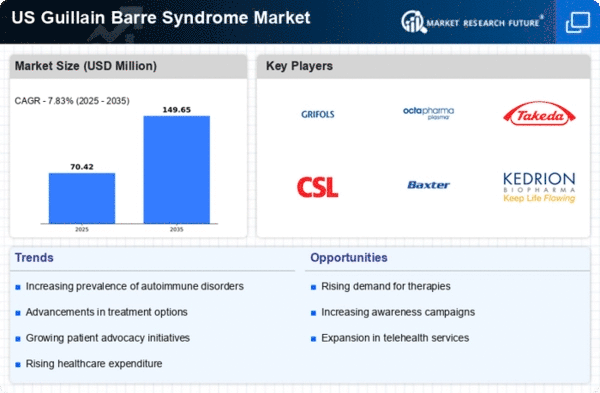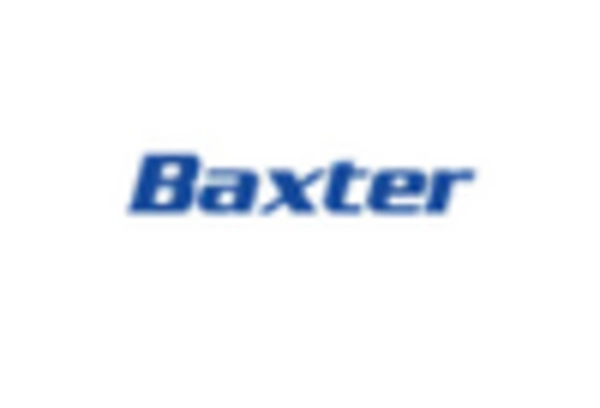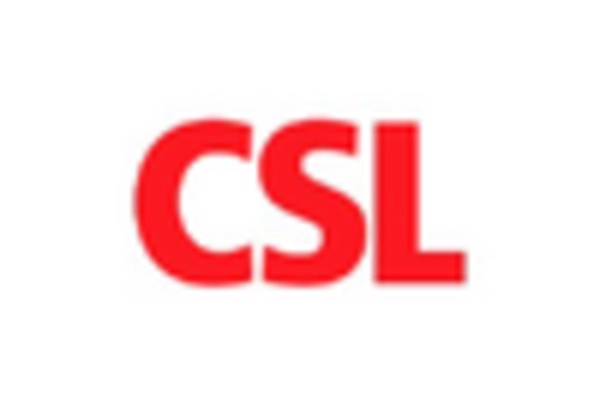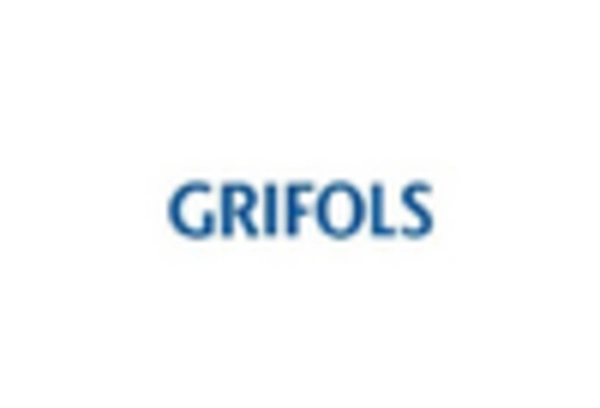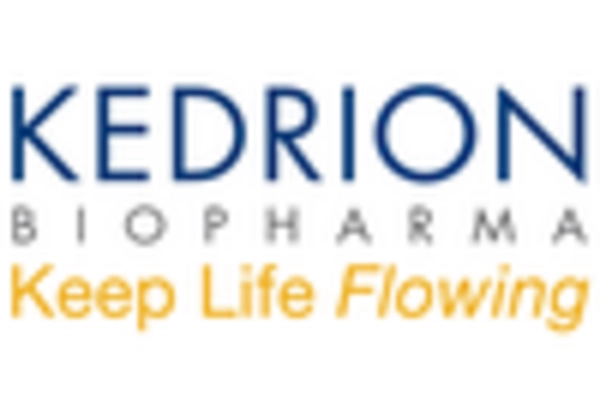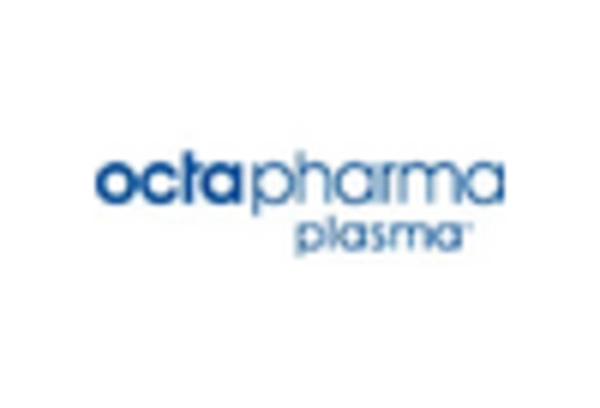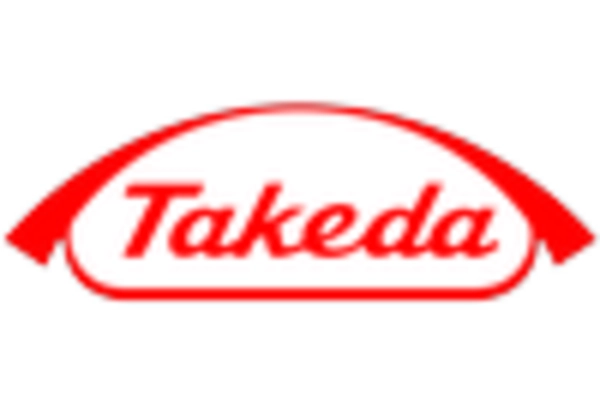Advancements in Diagnostic Techniques
Advancements in diagnostic techniques for Guillain Barre Syndrome are significantly influencing the guillain barre-syndrome market. Enhanced diagnostic tools, such as nerve conduction studies and cerebrospinal fluid analysis, allow for quicker and more accurate identification of GBS. This improvement in diagnosis not only facilitates timely treatment but also increases the overall patient population seeking care. As a result, the guillain barre-syndrome market is likely to experience growth driven by the need for effective therapies and management strategies. Furthermore, the integration of artificial intelligence in diagnostics may streamline processes, potentially leading to better patient outcomes and increased market engagement.
Increased Focus on Patient-Centric Care
The increased focus on patient-centric care is reshaping the guillain barre-syndrome market. Healthcare providers are increasingly prioritizing the needs and preferences of patients, leading to more personalized treatment approaches. This shift encourages the development of therapies that not only address the clinical aspects of GBS but also consider the quality of life for patients. The guillain barre-syndrome market is likely to adapt by offering comprehensive care solutions that encompass physical rehabilitation, psychological support, and patient education. Such holistic approaches may enhance patient satisfaction and adherence to treatment, ultimately driving market growth.
Growing Investment in Neurological Research
The growing investment in neurological research is a critical driver for the guillain barre-syndrome market. Funding from both public and private sectors has surged, with the National Institutes of Health (NIH) allocating substantial resources to neurological disorders, including GBS. This influx of capital fosters innovation in treatment modalities and encourages the development of new therapies. The guillain barre-syndrome market stands to benefit from this trend, as research breakthroughs may lead to novel therapeutic options that address unmet medical needs. As a result, the market could witness an increase in product offerings and a broader range of treatment solutions for patients.
Regulatory Support for Innovative Therapies
Regulatory support for innovative therapies is emerging as a significant driver in the guillain barre-syndrome market. The US Food and Drug Administration (FDA) has implemented expedited pathways for the approval of novel treatments, which can accelerate the availability of new therapies for GBS. This regulatory environment encourages pharmaceutical companies to invest in research and development, knowing that their innovations may reach the market more swiftly. The guillain barre-syndrome market is thus poised to benefit from this supportive framework, as it may lead to a surge in new product launches and increased competition, ultimately enhancing treatment options for patients.
Rising Incidence of Guillain Barre Syndrome
The increasing incidence of Guillain Barre Syndrome (GBS) in the US is a notable driver for the guillain barre-syndrome market. Recent data indicates that the annual incidence rate of GBS ranges from 1 to 2 cases per 100,000 individuals. This rise in cases necessitates enhanced treatment options and healthcare resources, thereby expanding the market. As awareness of GBS grows among healthcare professionals and the public, more patients are likely to seek diagnosis and treatment, further propelling market growth. The guillain barre-syndrome market is thus positioned to respond to this demand with innovative therapies and supportive care solutions, which could lead to increased revenue streams for pharmaceutical companies and healthcare providers alike.


